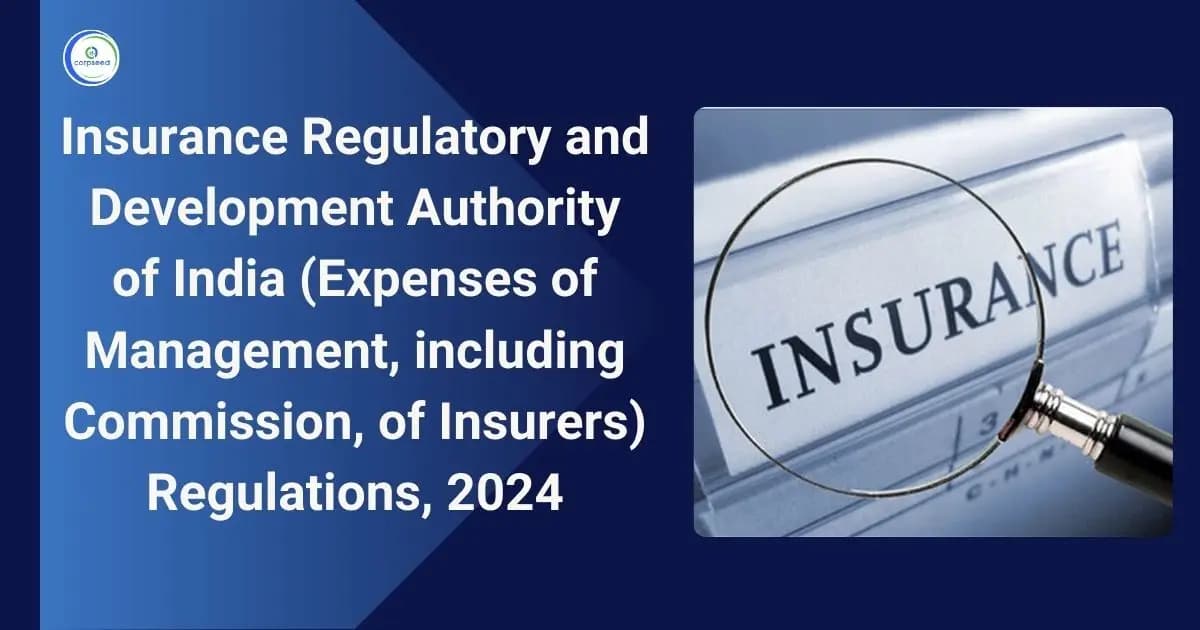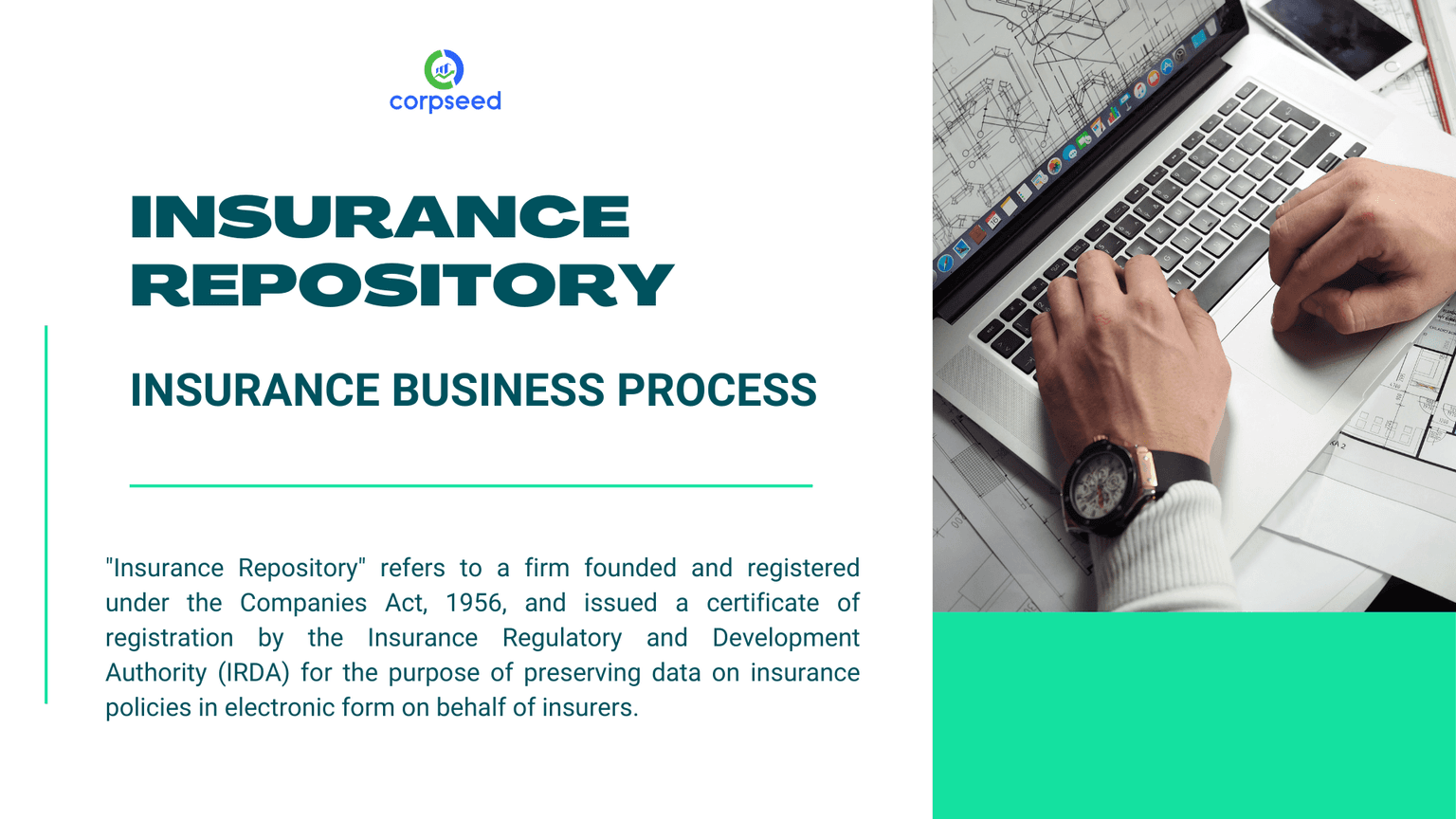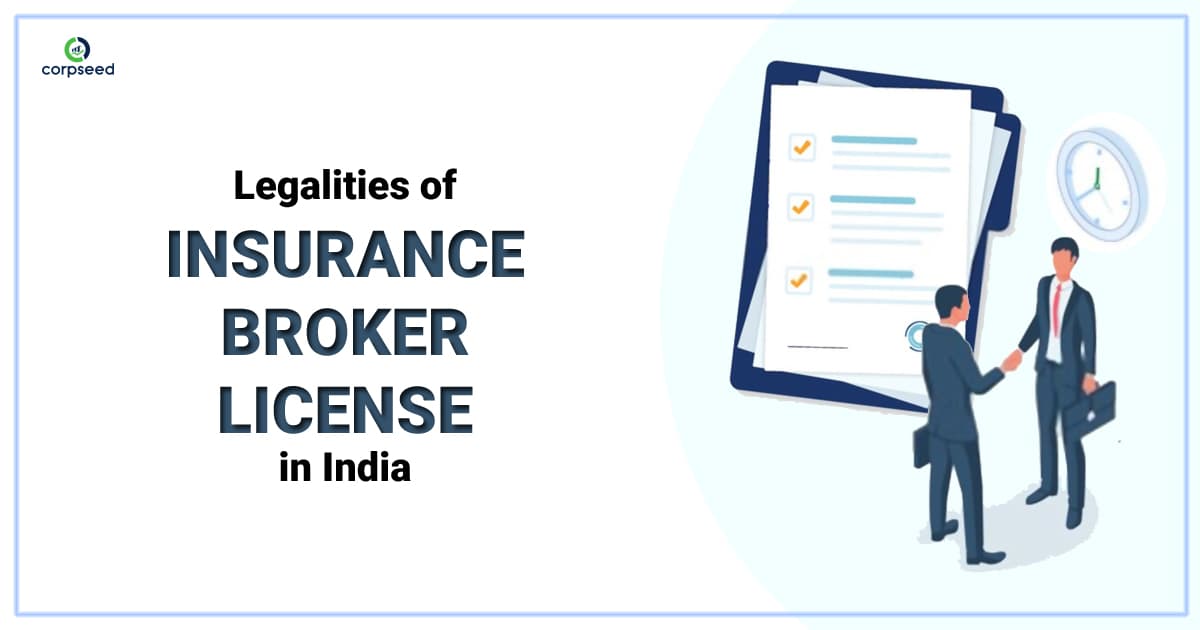
Loading...

This rule oversees the registration of insurance businesses in India, the issuance of an IRDAI licence to start a business, and the protection of policyholders' rights.
About the Author

Related articles

Insurance Regulatory and Development Authority of India (Expenses of Management, including Commission, of Insurers) Regulations, 2024
2024-02-07

What Is Insurtech?
2022-06-29

Insurance Repository and Insurance Business Process
2022-01-04

Registration of Insurance Web Aggregator in India
2021-09-15

Legalities of Insurance Broker License in India
2021-08-08